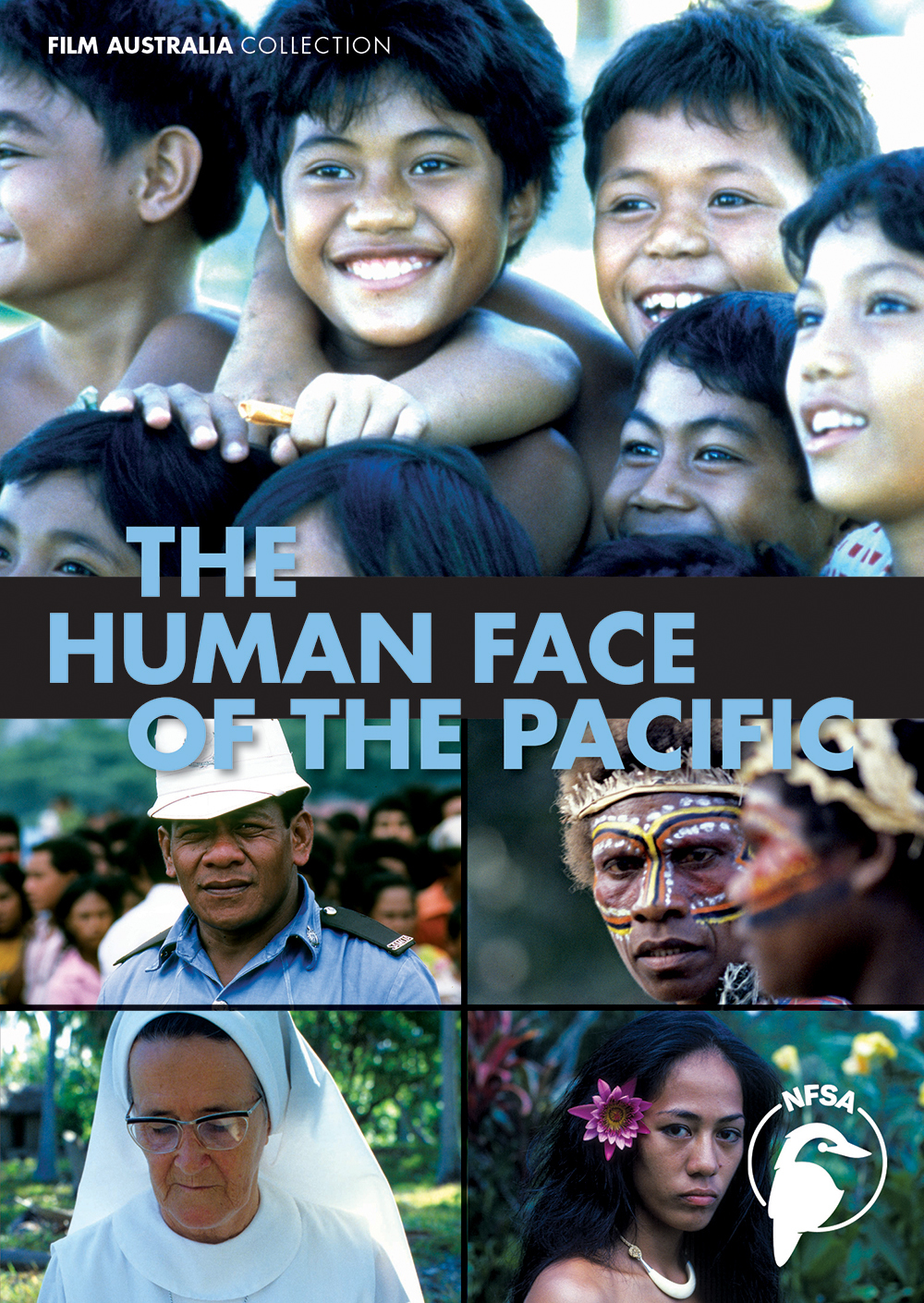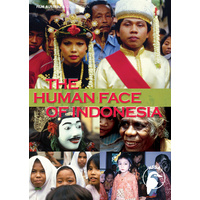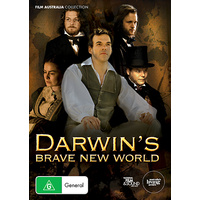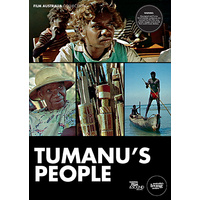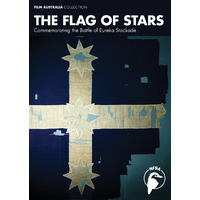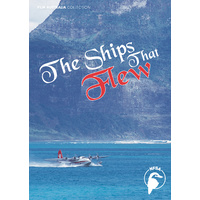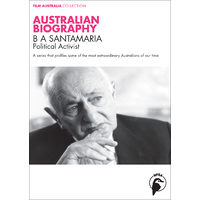1983, Total Running Time 168 Minutes (6 Episodes)
This series of six documentaries, covering six Pacific nations and territories, gives a wide-ranging view of contemporary Pacific society, showing a variety of ways of life, from subsistence to urban. Through intimate stories of the lives of Pacific Islanders - a Tahitian Tamure dancer who sees the tourist industry from another perspective; an Indian cane farmer living in the multi-ethnic society of Fiji; a Melanesian leader in New Caledonia steering his country towards independence; a Samoan family who are leaving their homeland to live in the Western world; a village girl who undergoes a traditional rite of passage on a remote atoll in Kiribati; the Marshall Islanders whose lives have been affected by nuclear testing, and an unusual group of musicians in Vanuatu - the series examines the cultures, history and issues concerning Pacific Islanders today.
Atoll - Life in Kiribati The Republic of Kiribati is one of the most isolated places in the Pacific and because of this it has been possible for its people to retain much of their traditional way of life. In this film, made on Tabiteuea Island four years after independence, we witness a special three-day ritual dating from pre-colonial times, in which Manerrua – a schoolgirl of 14 – celebrates her first menstruation.
Fiji - Legacies of Empire People whose family originated in India comprise just over half of Fiji’s population. Indians came to Fiji in colonial times under an indentured labour system to work in the sugar cane fields. Some indigenous Fijians wish to repossess the land now worked by the Indians and this results in Indians feeling insecure about their livelihood. The film looks at the life of Bechu Prasad, an old Indian man, who has lived in Fiji all his life in a large extended family of which he is now head. We watch him at work on his self-owned sugar cane farm and in his position as well-respected community leader who gets on well with both Indian and indigenous Fijians.
Marshall Islands, The - Living with the Bomb The people of the Bikini Atoll were removed from their homelands as a result of American testing of nuclear bombs in the Pacific. They now live on another island, dependent on American food and support. They can never go back to Bikini Atoll because it is poisoned beyond the possibility of habitation. This film is a poignant, impressive study of a people whose culture has been vanquished.
New Caledonia - A Land in Search of Itself New Caledonia is a country divided. The largest community is Melanesians, self-styled “Kanaks” who make up 43 per cent of the population. They want independence from France. On the other side are the French and locally born Caledonians, supported by immigrant Polynesians, who want to retain links with France. This film outlines the political conflict that has led to tension and violence over the years. It takes a look at two politicians representing each side and reveals something of the Kanaks, with their tribal social structure, and the Caledonian French, who are more concerned with economic progress.
Place of Power in French Polynesia, A Tahiti is a rugged, forest-clad South Pacific island, surrounded by coral reefs. Its traditional Polynesian way of life has been swamped over the years by foreign influences, particularly that of France. However, the long-awaited re-emergence of traditional culture is the focus of this documentary. We look at some of the people responsible for the cultural revival and their arts including the building of a double hulled canoe, the art of full body tattooing and the fierce dance competitions at the high point of celebration of Polynesian culture, the Tiurai Festival.
Samoa - I Can Get Another Wife But I Can't Get Any Parents The western part of Samoa has been independent of New Zealand since 1962, but a strong chain of emigration to New Zealand continues to tie the two countries together. This film follows a young Samoan family over a period of some weeks before they join the migrant exodus. The young couple experience the tensions of separation from their closely knit families. There is a serious conflict between the couple and the wife's parents, which threatens the marriage. The husband considers going without his wife. Eventually, however, the family comes to an uneasy truce which allows husband and wife to emigrate together.
A Film Australia production in association with Cinema Enterprises. © 2011 National Film and Sound Archive of Australia.
(198202200)
Directors: Oliver Howes, Dennis O’Rourke, Philip Robertson, Tim Litchfield, Graham Chase
Year: 1983
Running Time: 168 Minutes (6 episodes)
Classification: Exempt from classification
Curriculum Links: Australia in the Pacific World; Pacific History; Pacific Studies; Colonisation, Decolonisation and Development; Immigration; Studies of Colonialism and Post-Colonialism; Cultural Studies; SOSE.
SEE ALSO
| SKU | 198202200 |
| Brand | Film Australia |

